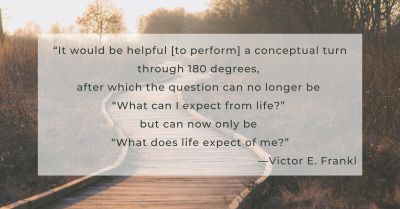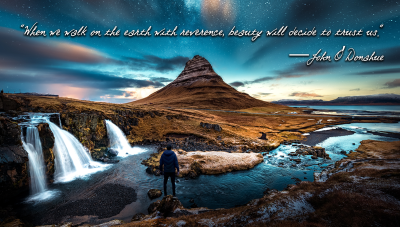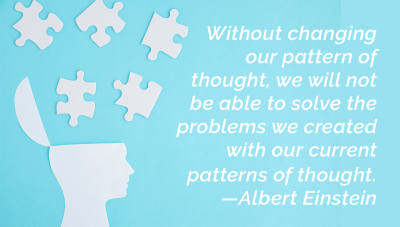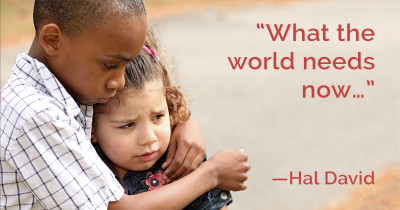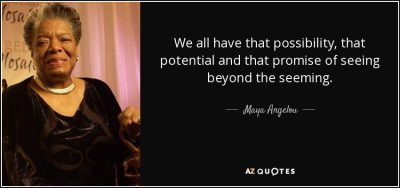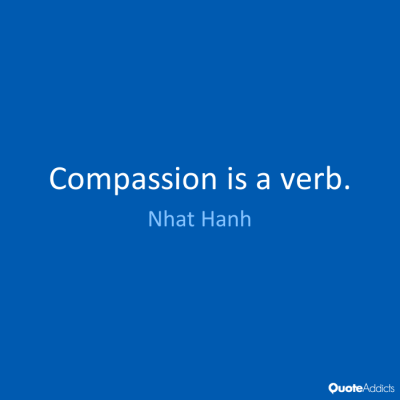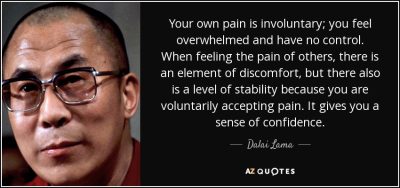What Life Expects of Me
Roger James and I were taking a glorious walk in the early morning sun around the Arcata Marsh. We had just stopped for a few groceries when a distraught man passed by screaming through a bandana, “This is bullshit!” Continuing up the street, he continued ranting about how he had had to enter the Farmers’ Market through a roped entrance and walk opposite to the direction he wanted to walk. His rage was palpable even … Read more…

